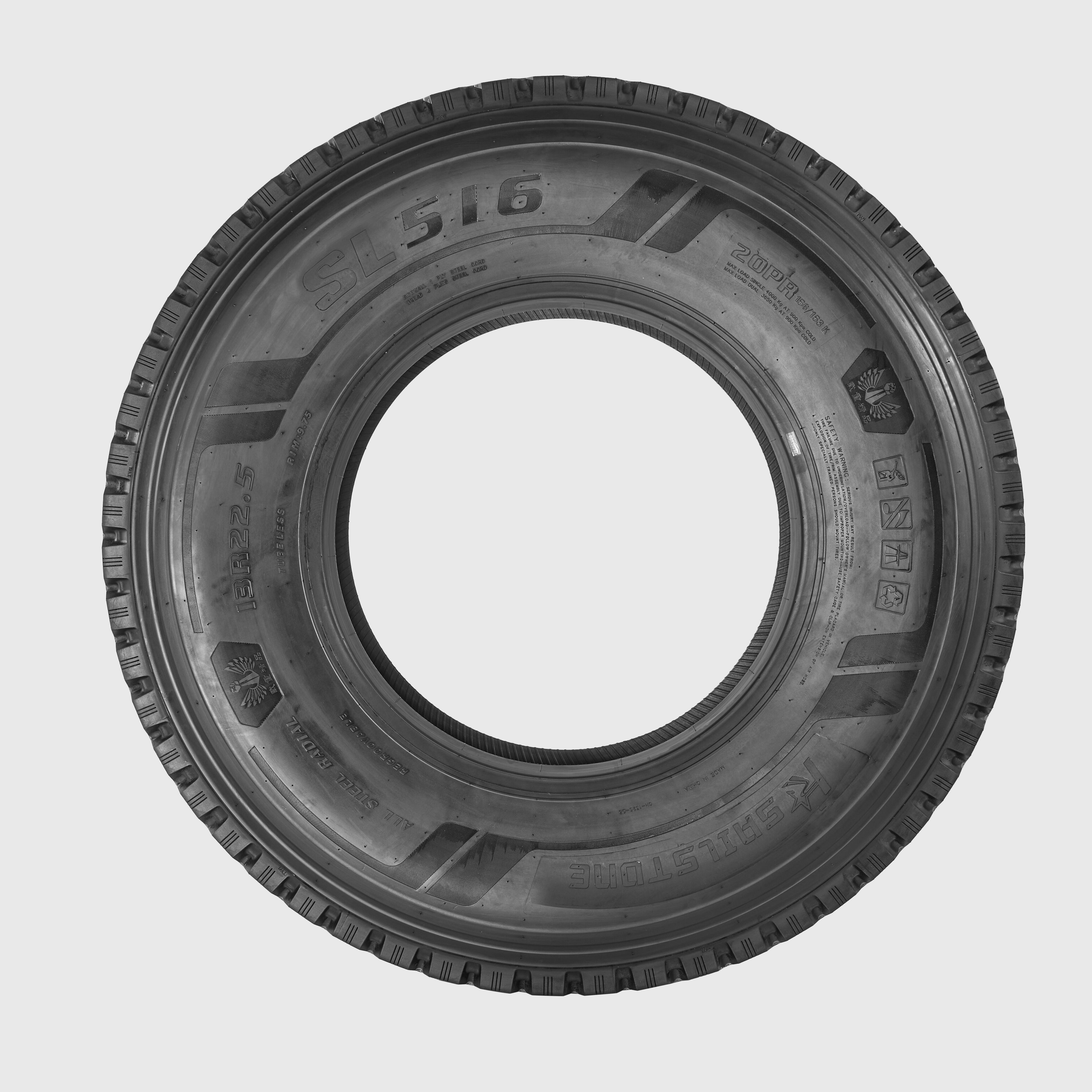When it comes to heavy-duty vehicles, the right tire does more than just support the load; it steers, stops, and saves money. In the diverse tire marketplace, radial tires rise to the top because their clever design meets the tough needs of long-haul and heavy-haul jobs. This post walks through the key benefits of radial tires and explains why every fleet manager and logistics planner should make them the go-to option.

At the heart of the radial tire is a sidewall that bends easily and a tread that stays flat against the pavement. This lets the tire grip the road better, pivot sharper, and roll with less resistance, even when the vehicle is fully loaded. Thanks to the rock-solid construction, radial tires don’t just perform; they resist the kind of cuts and bruises asphalt tends to deliver on 600-mile hauls. For fleet managers, that translates to reduced tire burn piles and a shorter service checklist. Whether hauling steel beams or pallet loads of bread, less rolling friction and better durability feed directly into lower fuel expenses and fewer depot visits, keeping schedules and budgets on the same page.
Fuel Efficiency and Environmental Impact
Radial tires are a smart choice when it comes to boosting fuel efficiency. They have less rolling resistance, meaning heavy trucks and buses use less fuel on long hauls. Lower fuel use leads to cost savings that quickly add up for trucking companies. More importantly, it cuts down on greenhouse gas emissions, fitting well with the industry’s growing push for eco-friendliness. By fitting their fleets with radial tires, companies can make a positive impact on the planet while slashing their fuel bills at the same time.
When moving cargo, safety can’t be compromised, and radial tires make a big difference in vehicle stability. The design of these tires helps control heat, lowering the chances of blowouts, which are especially dangerous on heavy trucks. They also offer better grip and handling, giving drivers added confidence during rain, snow, or slippery conditions. This tighter control protects the vehicle, the cargo, and everyone else on the road, making radial tires a solid choice for safer transportation.
Versatility Across Various Conditions
Radial tires shine for their flexibility, handling different driving conditions with ease. Whether your trucks are cruising lonely highways, threading through city grids, or pushing along rural back roads, radial construction keeps performance steady. This adaptability is a major advantage for fleets that crisscross geographical boundaries. Load-carrying machines fitted with top-grade radial tires stick to their game plan—even on switching surfaces—so deliveries stay on schedule and service reliability climbs.
In sum, fleets that skip on radial tires are leaving key advantages on the table. The tires' superior grip, fuel-sipping design, built-in safety boosts, and geographic flexibility empower managers to drive profits and shave miles of wear costs. Choosing the right radial tires is not just a safety step, it’s a strategic investment. Equip your heavy-duty trucks wisely, and they'll reward you with steady uptime, smoother runs, and bottom-line victories.








